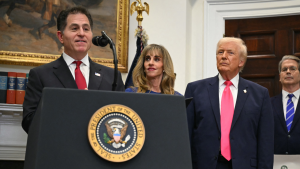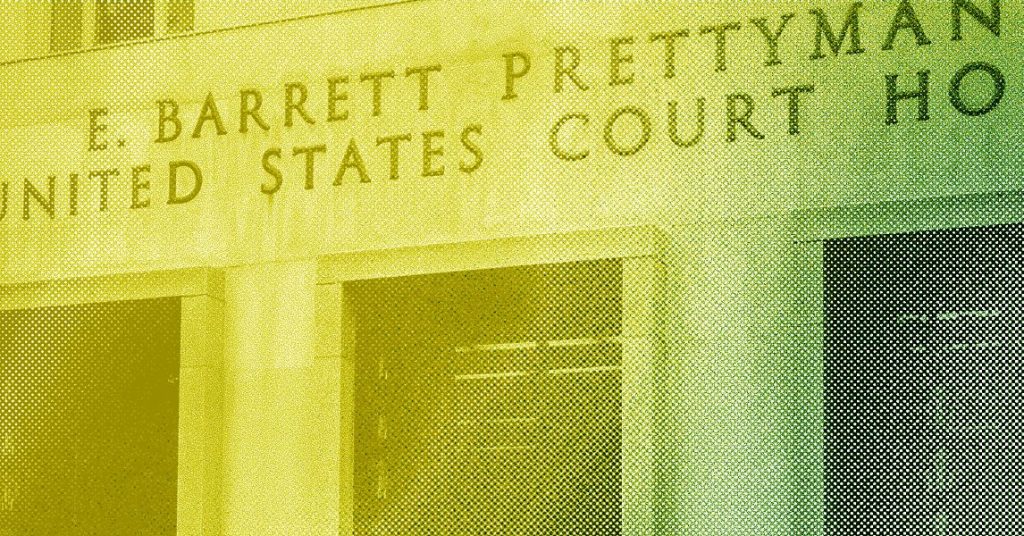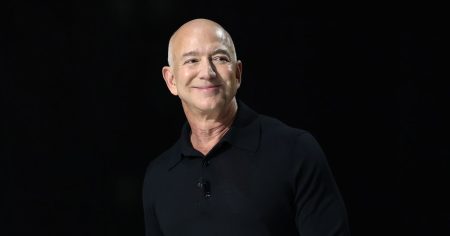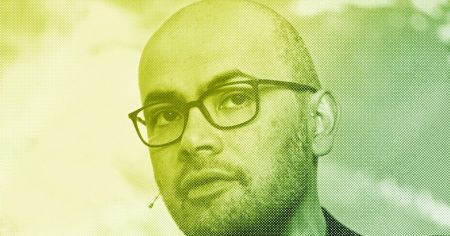Paresh Dave: Absolutely. The timing when some of those moves were first announced was viewed as kind of suspicious because it was right around when these investigations into Meta and these cases started getting filed against Big Tech companies.
Zoë Schiffer: We’re going to take one more short break. And when we come back, we’ll tell you what to check out on WIRED.com this week.
Zoë Schiffer: Welcome back to Uncanny Valley. I’m Zoë Schiffer, WIRED’s director of business and industry. I’m joined today by WIRED senior writer Paresh Dave. Before we go, Paresh, can you tell our listeners about what they have to read on WIRED.com today other than the stories we mentioned in this episode already?
Paresh Dave: Yes. Smishing Triad, the scam group stealing the world’s riches.
Zoë Schiffer: Is Smishing a phishing variant?
Paresh Dave: It’s a combination of phishing with SMS. Smishing, yes.
Zoë Schiffer: Smishing. Got it, got it, got it.
Paresh Dave: I’m sure we’ve all gotten those text messages about, “You got to pay this toll road fee,” or some parcel can’t be delivered properly. Very annoying. I still get them all the time. I don’t know why our phones can’t stop this, but this story by our colleague, Matt Burgess, talks about how a lot of these messages, which are called sort of smishing messages, originate from this group of cyber criminals that is actually constantly improving their scamming software. The cybersecurity does not have the upper hand here. And my takeaway was we are going to get more and more of these messages before it gets better. And this article is part of a WIRED series, Guide to the Most Dangerous Hackers You’ve Never Heard Of. And this is dangerous, right? There are people who type in their credit card numbers in reply to these text messages and get all their money stolen. It’s not great.
Zoë Schiffer: I feel like after I started at WIRED, I started getting messages purporting to be from company executives asking me to input personal information, which was well timed because I had just started a new job. I was like, “I don’t know if they text me.” But no.
Paresh Dave: Maybe it was our cybersecurity team testing us. I don’t know. I had that too.
Zoë Schiffer: They do that from time to time.
Paresh Dave: And what about you, Zoë? What are you recommending this week?
Zoë Schiffer: Well, in addition to your wonderful prewrite about the trial, which everyone should read and gives people kind of a good overview of what we should expect, we also published a piece just this morning by Caroline Haskins, another writer on the business desk at WIRED, about a New Mexico man who faces federal charges for allegedly setting fire to a Tesla showroom. This is part of the Tesla protest indictments that are happening. Pam Bondi, the attorney general, and Trump and Elon Musk have all called for the people who are engaged in violent acts against Tesla property to be charged with really, really serious crimes. And this is the second time that we know of that the FBI terrorism investigators have gotten involved in an investigation tied to the kind of public backlash against Elon Musk and Tesla in particular. Bondi said that the man in question would be going to prison for 20 years or more, even though he hasn’t yet been convicted. We have a lot of detail on the allegations in the case, things that we found in the arrest warrant, and it’s a really good kind of overview of what’s happening on that. Paresh, thank you so much for joining me today.
Paresh Dave: Thanks for having me.
Zoë Schiffer: That’s our show for today. We’ll link to all the stories we spoke about in the show notes. Make sure to check out Thursday’s episode of Uncanny Valley, which is all about surveillance technology, protests, and how to safely navigate physical and online spaces during this moment. If you liked what you heard today, make sure to follow our show and rate it on your podcast app of choice. If you’d like to get in touch with us for any questions, comments, or show suggestions, write to us at [email protected]. Kyana Moghadam and Adriana Tapia produced this episode. Amar Lal at Macro Sound mixed this episode. Pran Bandi was our New York Studio engineer. Jordan Bell is our executive producer. Condé Nast Head of Global Audio is Chris Bannon. And Katie Drummond is WIRED’s Global Editorial Director.
Read the full article here













